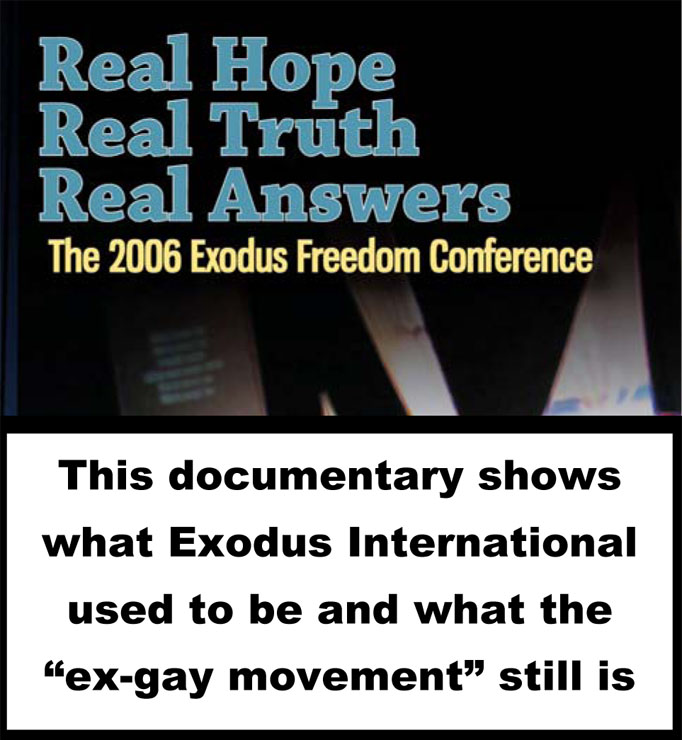NARTH leader analyzes Spitzer’s retraction
June 1, 2012
Dr. Christopher Rosik has published his analysis of both Dr. Robert Spitzer’s motives and statements regarding his desire to retract his 2003 study that showed sexual orientation could be changed in varying degrees.
Here is and excerpt from Rosik’s article: – “It is hard to imagine the fall from professional grace that Spitzer took due to this study. In a very short period of time, his status within his profession changed from that of a heroic pioneer of gay rights to that of an unwitting mouthpiece for practitioners of SOCE [sexual orientation change efforts], whom many of his colleagues deem morally reprehensible. Before and after the study was published, Spitzer confirmed that he was getting a high volume of hate mail and anger directed at him (Spitzer, 2003b; Vonholdt, 2000). A decade of being hammered by your friends, colleagues, and the gay community that once revered you would surely take a toll on any of us.”
“Spitzer currently suffers from Parkinson’s disease and is in the twilight of his life, which makes it understandable that he would reflect on what sort of legacy he wants to leave. Hero or villain, icon or pariah—which legacy would anyone prefer to have? I can not say for sure that these non-scientific considerations influenced Spitzer’s decision to “retract” his study, but I can say that it is hard for me to conceive how they would not. Spitzer likely knows infinitely more gay and lesbian persons than he does individuals who report change in sexual orientation. This may have made it difficult for him to see that in trying to atone for the harm gay men and lesbians in his professional network claimed resulted from the study, he simultaneously caused harm to participants in his study who experienced change and now are told they were deceived or lying. All of this serves to underscore how personal and subjective the practice of social scientific discourse can be when the subject matter is entangled in a major sociopolitical debate.”
The full text of Dr. Rosik’s analysis can be found at http://narth.com/2012/06/2532/.




